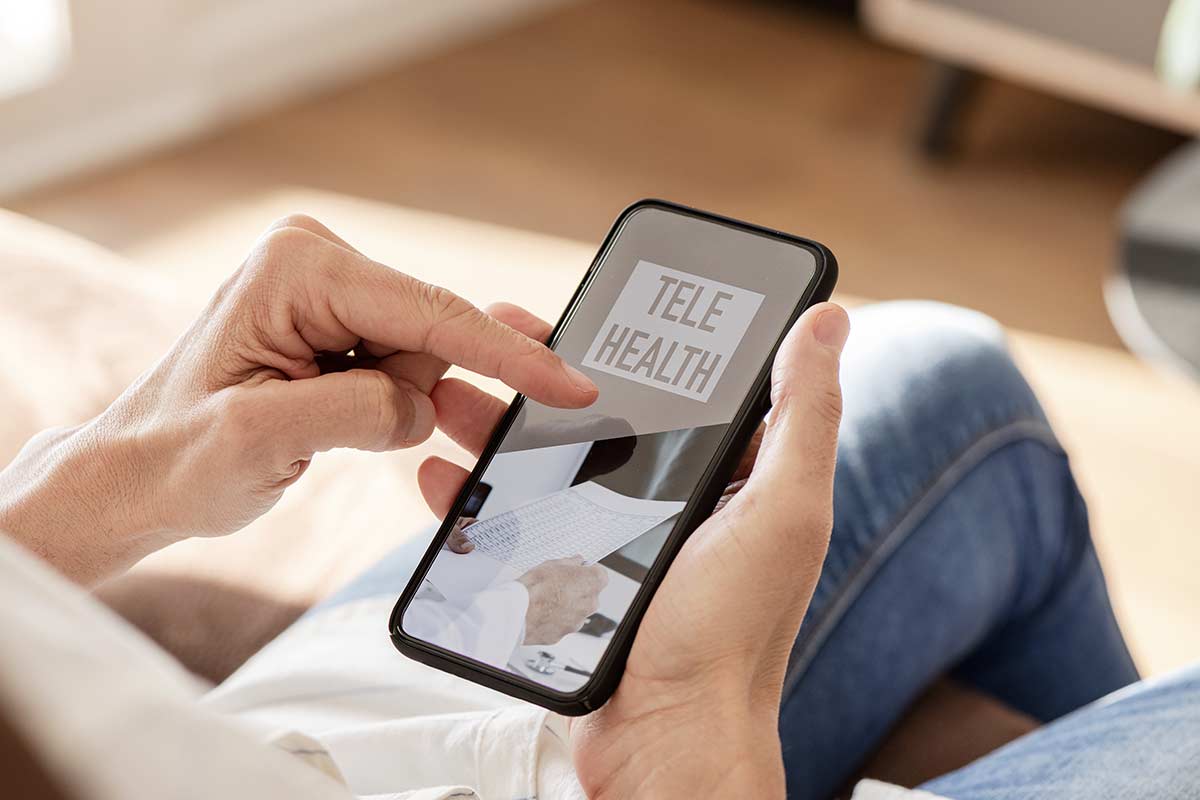During the holidays, families come together to share meals and make new memories that can last a lifetime. However, for those with a substance use disorder (SUD), this can be both a blessing and a challenge. Supporting a loved one with SUDs may mean changing up the routine to help everyone feel included. Individuals with SUDs will do their best to meet holiday traditions, but friends and family can do their part to be accommodating as well.
Why the Holidays Sometimes Trigger Substance Use Disorders
Between shopping, planning, and traveling, there is typically a lot going on during this time of year. For those with SUDs, walking past the wine rack might be even more difficult than usual. However, by focusing on healthy coping mechanisms, your loved one with substance abuse disorders can get through the holidays with their sanity and sobriety intact. Stress is amplified by reminders of loneliness, family conflict, and financial trouble for those with addiction.
How to Support a Loved One with SUDs During the Holidays
You can help your loved one with SUD stay true to their recovery during the holidays and beyond. Here are some simple tips for doing that.
Don’t Build Parties Around Alcohol
Put the alcohol away, or better yet, don’t buy it at all if you have a loved one with SUD. Watching others drink makes family gatherings and social events awkward and difficult for those with SUDs. Even if they have been in recovery for a long time, they can stumble and relapse during or after a holiday party with alcohol or illicit substances.
Tune into Behaviors
If you attend a holiday event with a friend who has SUDs, keep an eye on them to determine whether they feel comfortable or overwhelmed. You can do this without policing them. Support them with your presence and hold off on grabbing an alcoholic beverage to celebrate the holidays. Most importantly, don’t challenge or put them on the defensive, which may trigger anxiety or relapse.
Suggest an Early Evening
Before leaving for the event, discuss an early exit strategy. As parties drag on, inhibitions may wear down, and your loved one may feel the pressure of their SUD more. Attending for an hour or so and then leaving can alleviate the pressure to stay sober while everyone else is having a drink for the holidays. Prepare to serve as the designated driver. If all goes well, you and your loved one will both be in great condition to drive home. However, it’s better to cover your bases.
Plan Productive and Sober Activities
Healthy activities promote physical and mental well-being — gift your loved one with yoga classes or a gym membership. Skiing and hiking make great holiday activities that boost your endorphins without triggering a relapse in those with SUDs. In any case, staying active is one of the best ways you can support your loved one in recovery.
Help Is Always Available for Substance Use Disorders
When it comes to supporting your loved one with a SUD, keep it simple and don’t forget to enjoy the holidays yourself. By staying relaxed and showing you care, you already provide more support than you know. Keep your loved ones plugged into Alcoholics Anonymous (AA) and Narcotics Anonymous (NA), which often sponsor special events during the holidays. If necessary, recommend family therapy focused on dealing with substance use disorders during the holidays.
Education and awareness can prevent triggering events and help everyone enjoy the most beautiful time of the year. Additionally, reaching out your hand to a loved one with SUD reminds them that they are not alone. That may be the best gift you can give them this year. If someone you love is exhibiting the signs of a substance abuse disorder, it’s time to reach out for help. Using the Addiction Treatment Needs Assessment on the Treatment Connection website, you can determine what type of treatment you or your loved one most likely needs.
DISCLAIMER: THIS BLOG POST DOES NOT PROVIDE MEDICAL ADVICE
The information, including but not limited to, text, graphics, images, and other material (collectively, “Information”) contained on this blog post are for informational purposes only. None of the Information is intended to be a substitute for professional medical advice, diagnosis, or treatment. Always seek the advice of your physician or other qualified health care provider with any questions you may have regarding a medical condition or treatment and before undertaking a new health care regimen, and never disregard professional medical advice or delay in seeking it because of something you have read on this blog post.



